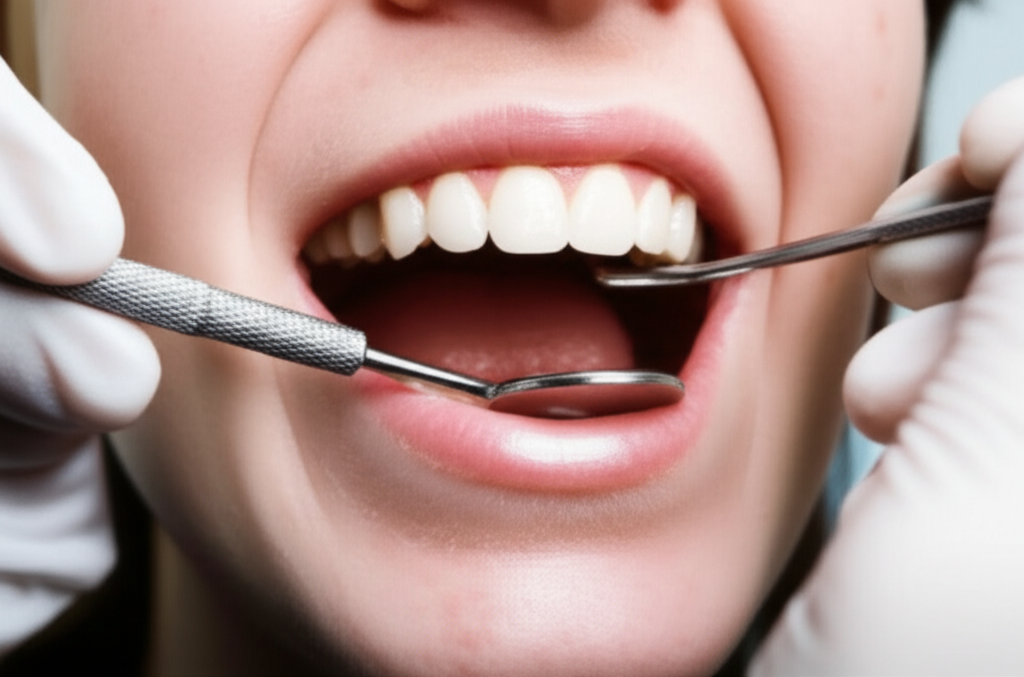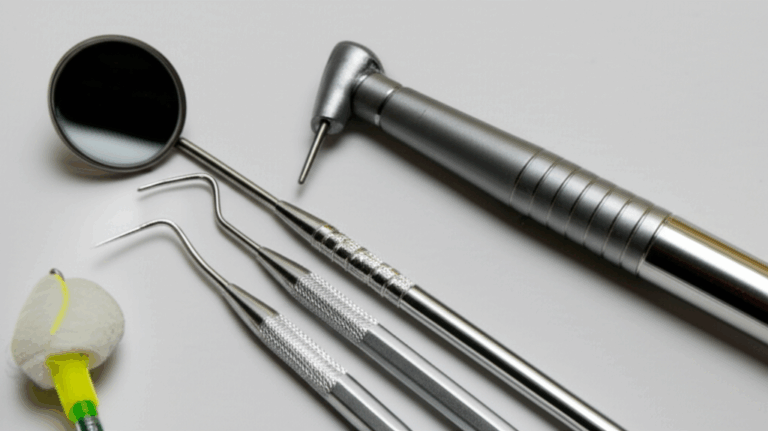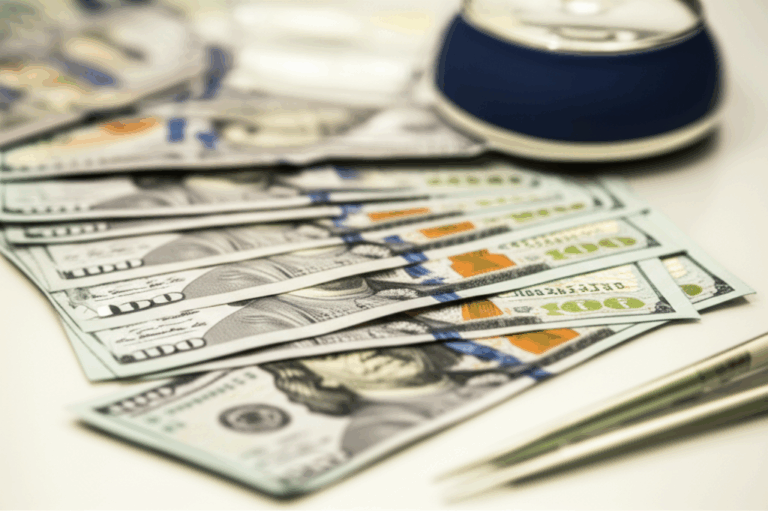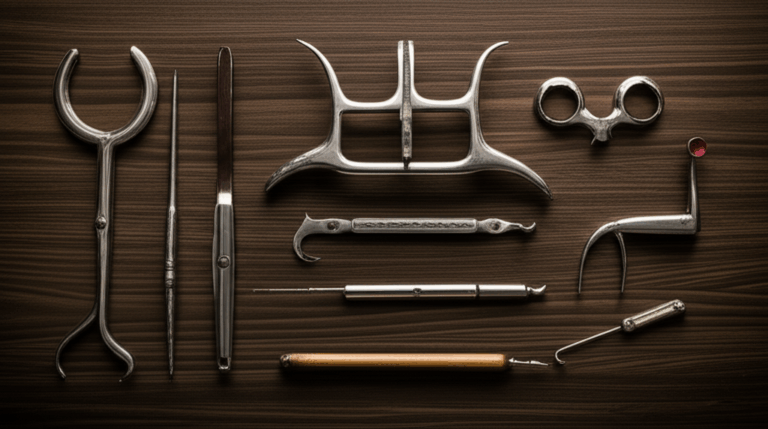
Can Your Dentist Tell If You Drink? The Truth About Alcohol’s Impact on Your Oral Health
That nervous feeling just before seeing your dentist—lots of people know it well. Maybe you ask yourself, “Can my dentist tell if I’ve had some drinks?” Or maybe you’re scared they’ll notice a habit you’d rather keep secret. You’re not alone. Many people, from casual drinkers to those who drink more, quietly wonder if their dentist can spot the signs of drinking by looking in their mouth.
Let’s go through these questions honestly and calmly. We’ll clear up what dentists look for, why it matters, and how you can protect your teeth and mouth—no matter your habits.
In This Article
- Can Dentists Tell If You Drink?
- What Dentists See: The Signs of Drinking in Your Mouth
- Why Should My Dentist Know About My Drinking?
- Being Honest with Your Dentist: What to Say
- What Happens If My Dentist Thinks I Drink a Lot?
- Tips to Protect Your Teeth If You Drink
- When Drinking Might Be a Problem: Getting Help
- The Main Points: Honest Talks with Your Dentist
Can Dentists Tell If You Drink?
Let’s get to the point: Yes, many times, dentists CAN tell if you drink— and it’s not just about “beer breath.” Dentists aren’t mind readers, but they are trained to spot both small and obvious signs of alcohol use when checking your mouth. Things like the look of your gums, tongue, teeth, and even your breath can reveal a lot more than you expect.
Why does this matter? Alcohol affects the whole body, and your mouth is no different. If your dentist notices changes early, they can help fix things like gum problems, spot warning signs for oral cancer, and steer you towards better health. Your dentist isn’t there to shame you—just to help you stay safe and informed.
What Dentists See: The Signs of Drinking in Your Mouth
You may wonder, “What really happens in my mouth if I drink? Can a dentist actually tell?” Here’s what they look for:
1. Dry Mouth
Have you woken up after a night out feeling like your mouth is dry? Alcohol lowers your saliva. Dentists can spot a dry, sticky mouth right away. Saliva protects your teeth—you need it to wash away germs and food.
Why care? More cavities and gum problems can show up if your mouth is dry.
2. Gum Problems
Alcohol makes gums sore and swollen. Over time, this can go from sore gums to serious gum disease. Dentists check for deep gum pockets, loose teeth, or even bone loss.
Think of it: Plaque in your mouth sticks if your body is weaker from drinking, making gums even worse.
3. Cavities & Enamel Wear
Many drinks, like cocktails, are full of sugar and acid. Combine that with less saliva and poor brushing, and you get worn-down enamel and more cavities.
Simple example: Acid wears away tooth enamel like rain slowly wears away rocks.
4. Sores & Fungal Infections
Drinking a lot can cause mouth sores and white patches from yeast infections (called thrush). If your immune system is weak from drinking, these show up more often.
5. Bad Breath
Anyone can have “alcohol breath.” But if you drink a lot, bad breath sticks around, and you may notice a dry, coated tongue.
6. Oral Cancer Risk
The most serious risk: Drinking a lot, for a long time, makes getting oral cancer MUCH more likely— especially for smokers too. Dentists are trained to look for strange spots, lumps, or sores that don’t heal.
Fact: 70-80% of people with oral cancer drank heavily.
7. Vitamin Deficiency
Alcohol stops your body from taking up vitamins like B and C. Dentists might see cracked corners of your mouth, a sore, red tongue, or slow healing.
8. Grinding Teeth
Alcohol loosens your muscles, so you might grind your teeth in your sleep. That wears down the edges and hurts your jaw.
9. Staining
Dark drinks like wine or whiskey can stain your teeth, so they look yellow, brown, or dull.
10. Liver Problems
Yellow eyes or skin (jaundice) and certain signs in your mouth can hint at liver trouble from long-term drinking.
Simple Example:
A young patient comes in with bleeding gums, mouth sores, and always says they have dry mouth. The dentist may gently ask about alcohol—not to judge, but to help keep them healthy.
Why Should My Dentist Know About My Drinking?
You might wonder, “So what if my dentist knows I drink?” Here’s why it matters.
Safe Care
Dentists aren’t being nosy. They ask about drinking to keep you safe. Some meds (like painkillers or numbing shots) can mix badly with alcohol. Knowing you drink helps your dentist plan so nothing goes wrong.
Total Health Picture
Your mouth is part of your whole body! Problems in the mouth can mean other problems, like weak immunity or vitamin lack. Being open gives your dentist clues for your overall health.
Spotting Risks
Drinking a lot makes oral cancer, infections, healing problems, and gum disease more likely. The dentist can keep a closer eye out if they know about your drinking.
Advice That Fits
Dentists want to help protect your teeth. They might suggest rinsing your mouth out after drinks, using special mouthwash, or coming in for more checkups.
Point: What you tell your dentist is private—they’re only interested in your well-being.
Being Honest with Your Dentist: What to Say
If you’ve ever wanted to skip questions at the dentist, you’re not alone. Many people are scared to be honest because of fear of being judged.
Why Trust Matters
Think of your dentist as a teammate. The more facts you give them, the more they can help. Like a car mechanic—if you hide weird noises, they can’t fix your car!
Your Info Is Private
Dentists must keep your details private by law and ethics—even about drinking. They can’t tell bosses, family, or anyone else (unless it’s a direct emergency).
What To Tell
It helps to share:
- How much and how often you drink (even if it feels small)
- If you drink a lot at once sometimes
- If you take medicines or have health conditions
- Whether you’ve had trouble quitting drinking, or withdrawal problems
Example: A patient who needs a tooth out but drinks every day might heal slower. Telling the dentist helps keep things on track.
What Happens If My Dentist Thinks I Drink a Lot?
If your dentist spots hints you might drink more than average—even if you don’t say so—here’s what usually happens.
A Gentle Chat
Most dentists won’t judge or shame you. They’ll explain what they see, like sore gums or slow healing, and gently ask if alcohol could be why.
Information and Advice
Your dentist may talk about the risks of alcohol on your mouth and offer tips: drink more water, brush after drinking, avoid sugar mixers, and more. This helps YOU take control at home.
Maybe a Referral
If the problem is serious (signs of cancer, bad infections, or clear alcohol dependence), your dentist might suggest seeing your doctor, a counselor, or a support group. This isn’t a punishment—it’s about getting more help.
Changing Your Dental Plan
Your dentist may also change your treatment: spread out visits, watch meds closely, or adjust for your medical background.
Key point: Your dentist wants to partner with you for long-term health, no matter what.
Tips to Protect Your Teeth If You Drink
Having a drink now and then doesn’t have to ruin your teeth. Try these smart steps to keep your mouth healthy, even if you drink sometimes.
Drink Less When You Can
As with most things, less drinking means less chance for mouth trouble.
Stay Hydrated
Alcohol dries you out fast. Drink water with your drinks—it helps clear away sugar and acid and keeps saliva moving.
Keep Up with Brushing and Flossing
- Brush twice a day: Use fluoride toothpaste, but wait half an hour after acidic drinks.
- Floss each day: Don’t let plaque hang around.
- Rinse: Use mouthwash that doesn’t have alcohol, since alcohol dries your mouth more.
Pick Better Drinks
Dark liquors, sweet cocktails, and fizzy stuff erode enamel and stain your teeth. If you use mixers, go with less sugar.
Don’t Miss Dental Checkups
Regular visits mean problems are caught early, and you can get advice for better care if things do start to go wrong.
Eat Well
A diet full of vitamins and minerals keeps mouth problems away. Alcohol stops your body taking up these nutrients, so eating well matters more.
Extra Caution for Dental Work
If you need teeth pulled, get implants, or have surgery, alcohol can slow your healing and up your infection risk. Tell your dentist, and try to take a break from drinking.
Extra tip: If you grind your teeth when drinking, a custom night guard dental lab can help protect your teeth at night.
When Drinking Might Be a Problem: Getting Help
Everyone can go too far sometimes—maybe too much at a party, or using alcohol for stress. But if drinking causes health trouble, affects your daily life, or feels hard to stop, it may help to talk with someone.
When to reach out:
- Trouble stopping or cutting back your drinking
- Needing drinks to relax or get through the day
- Lots of hangovers, missing school, work, or events
- Noticing health issues—sores, bad gums, slow healing
Where to Get Help
- Dentist or doctor: They may notice the issues first and can give advice.
- Groups: Try AA (Alcoholics Anonymous), NIAAA, or local support clubs.
- Therapists: Can help you handle and understand your drinking.
- Friends/family: Talk to people you trust.
Remember: Asking for help doesn’t mean you failed. It means you’re ready to get better.
The Main Points: Honest Talks with Your Dentist
Here are the key things to keep in mind:
- Dentists CAN usually see signs of drinking: like dry mouth, gum issues, decay, infections, and more.
- Alcohol hurts more than your liver—it harms your mouth too.
- Being honest with your dentist keeps you safer and helps them treat you best. What you say is private.
- Take care: Drink water, brush and floss, and cut back on alcohol if you can.
- If you need help, ask. There’s no judgment—and good support is out there.
Whether you drink a little, are in recovery, or just want to know more, you deserve honest, kind advice about your oral health.
Ready to take a step?
If it’s been a while, book a checkup. Talk openly with your dental team—they’ll appreciate your honesty, and you’ll leave with a healthier mouth and peace of mind.
A healthy mouth starts with honesty, smart info, and simple steps. Take your next step today.
Frequently Asked Questions
Can my dentist tell someone if I drink?
No. Dentists must keep your info private unless it’s an emergency.
How fast do mouth changes show up from drinking?
It depends. Some people see dry mouth or gum issues quickly; in others, problems build up over time.
Are drinking-related dental problems permanent?
Lots of issues, like early-stage gum or tooth decay, can be fixed if caught soon. Big problems—like serious gum disease or cancer—can leave lasting harm.
Can my hygienist tell if I drink?
Yes, they’re trained to spot changes too and work alongside your dentist.
Where can I learn more?
Check info from The American Dental Association (ADA), the CDC, or NIAAA.
Do dental fixes (like crowns or veneers) work differently for heavy drinkers?
Yes. Heavy drinking can mean slower healing or a bigger chance of trouble after getting crowns, implants, or veneers. That’s why being open with your dentist is a good idea.
Extra Resources and Next Steps
Wonder how special labs help your dental care? Check out a digital dental lab for modern teeth services, or a crown and bridge lab for repair options. If you grind your teeth at night, a night guard dental lab can help keep your smile safe.
For more on other topics—from losing teeth to how dental prosthetics work—visit our learning center or ask your provider for tips and resources.
Medically reviewed by [Your Local Dentist or Expert, if applicable].
Your mouth shows a lot about your health—so stay open with your dentist, drink water, and always ask questions. Your smile (and your whole body) will be glad you did.








